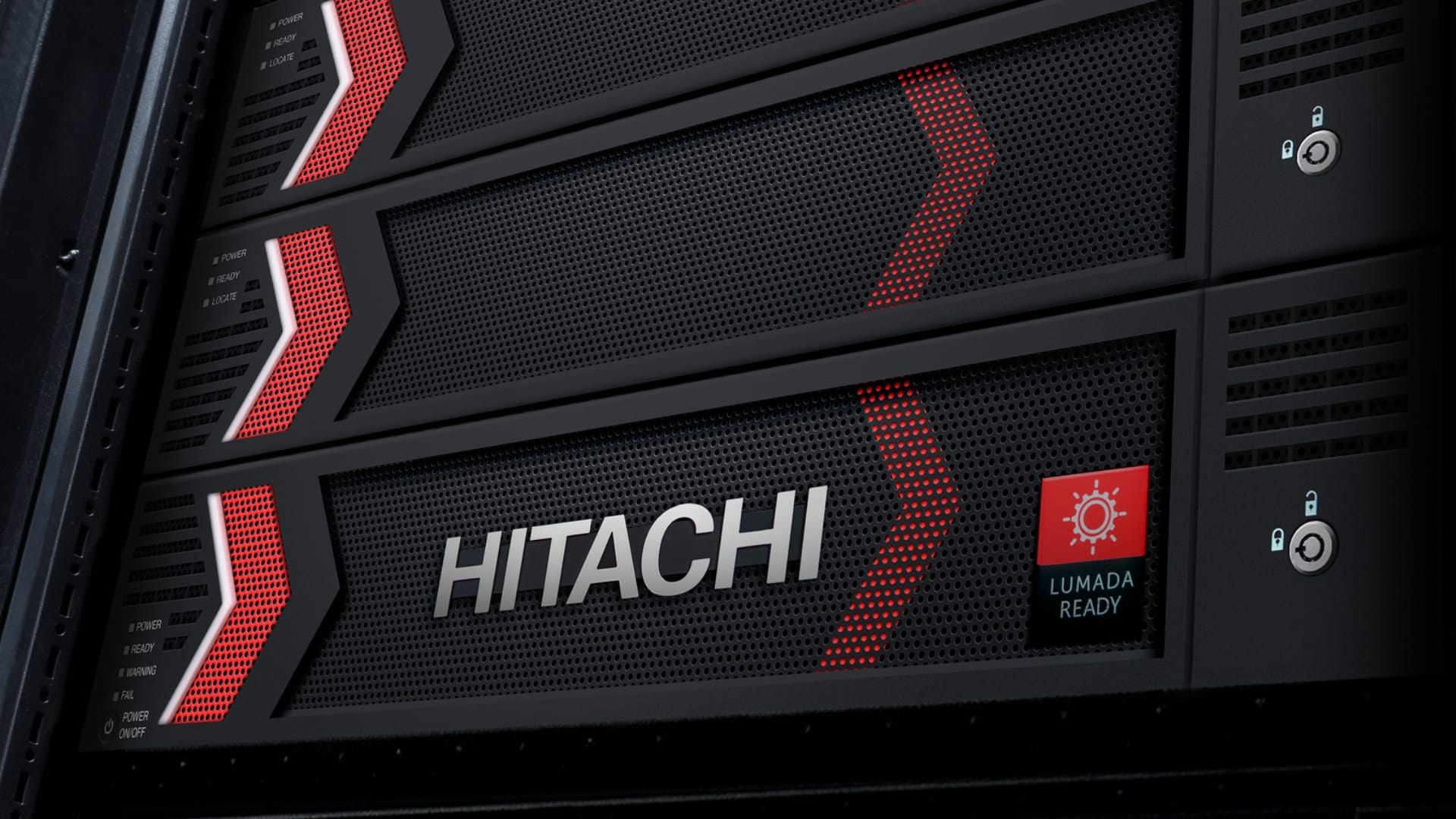Hitachi Vantara expands hybrid cloud storage with advanced QLC flash and object storage solutions
Hitachi Vantara enhances its storage platform with QLC flash and object storage, offering energy-efficient, scalable solutions for hybrid cloud environments.

Hitachi Vantara, the data storage and hybrid cloud management division of Hitachi, Ltd., has launched new enhancements to its Virtual Storage Platform One, aimed at improving hybrid cloud storage management. The latest upgrades introduce an all-quad-level cell (QLC) flash storage array, cloud-integrated replication, and a scalable object storage appliance. Built to support data-intensive AI and analytics applications, these additions aim to help organisations manage data in a secure, sustainable, and cost-efficient way.
With rising data volumes, businesses face increasing complexities in managing hybrid and multi-cloud environments. Hitachi Vantara’s latest offerings are designed to address these challenges by enabling seamless scaling and efficient infrastructure management. A recent survey highlighted the growing costs associated with data handling, with over two-thirds of businesses experiencing unexpected charges for data analytics and storage. Hitachi Vantara’s new solutions aim to minimise these costs while helping companies reduce their energy consumption and carbon footprint.
Significant enhancements in storage technology
The introduction of all-QLC flash storage marks an important step in providing cost-effective, scalable options for large-scale data storage. Hitachi Vantara’s new QLC flash array reduces the cost per gigabyte, making it a more economical choice without compromising performance. Built with dual port QLC media, the storage array is engineered for high reliability, allowing data access to continue in the event of hardware issues. Compared to traditional storage, QLC flash technology is also more energy-efficient, helping businesses lower their carbon footprints.
The new object storage appliance is specifically designed to handle large volumes of unstructured data, which is critical for AI applications and other data-intensive workloads. Each data object is enriched with metadata, facilitating easier categorisation, search, and lifecycle management. This improvement in data organisation allows companies to retrieve data quickly, streamlining their operations and boosting efficiency.

“Enterprises today are navigating an incredibly complex data landscape, with hybrid and multi-cloud environments and the growing influence of GenAI transforming how they operate,” said Octavian Tanase, chief product officer, Hitachi Vantara. “Our latest Virtual Storage Platform One solutions are designed to address these challenges head-on, providing customers with the advanced tools they need to harness their data, drive innovation, and achieve sustainable growth. By simplifying infrastructure and enhancing scalability, we are empowering businesses to unlock the full potential of their data in ways that were previously unimaginable.”
New offerings tailored to evolving data needs
The updated Virtual Storage Platform One suite now includes:
- Virtual Storage Platform One Block – An all-QLC flash storage array providing high-density, affordable storage suitable for large data capacities. Integrated with public cloud replication, the array enables seamless data backup and disaster recovery across cloud environments.
- Virtual Storage Platform One Object – A robust object storage appliance that supports large-scale unstructured data management, ideal for industries such as healthcare, media, and finance. Its multi-node configurations ensure data integrity and availability, while also optimising costs and reducing environmental impact by minimising rack space, power consumption, and CO2 emissions.
Additionally, the platform includes Virtual Storage Platform One SDS Cloud, a solution designed to protect critical data with no effect on performance. This system enables asynchronous data replication from on-premises to the cloud (AWS), making real-time data available for development and testing purposes. The multi-availability zone support enhances operational resilience and simplifies database expansion.
With the all-QLC flash addition, Hitachi Vantara reinforces its commitment to energy-efficient technology. The Virtual Storage Platform One has been recognised as one of the top three energy-efficient storage solutions, furthering its goal to provide an environmentally friendly data management experience. By integrating storage and cloud technology, the platform delivers a unified solution for seamless data management, empowering organisations to stay agile in an increasingly data-focused world.
Scott Sinclair, practice director for cloud, infrastructure, and DevOps at Enterprise Strategy Group, commented on the innovation: “The addition of all-QLC flash and object storage appliance provides a compelling solution for organisations looking to manage large-scale data environments efficiently. Hitachi Vantara continues to address the pressing needs of modern IT infrastructure, which helps businesses stay competitive in an era defined by data-driven innovation.”
These latest additions solidify Hitachi Vantara’s role as a leader in scalable and sustainable data solutions, enabling organisations to meet the demands of today’s complex data landscape.
















